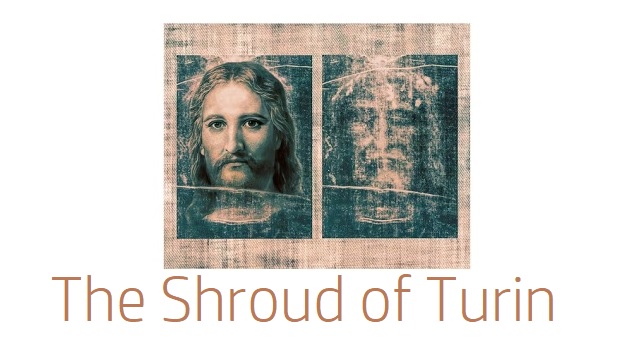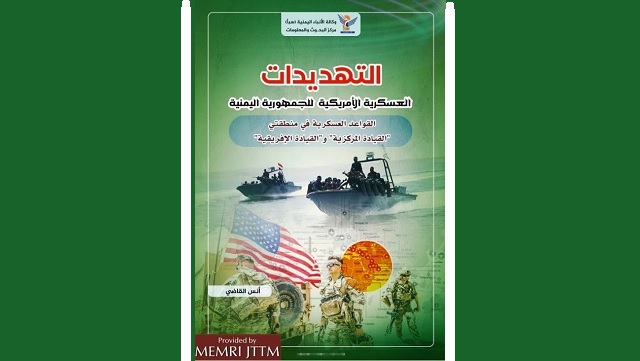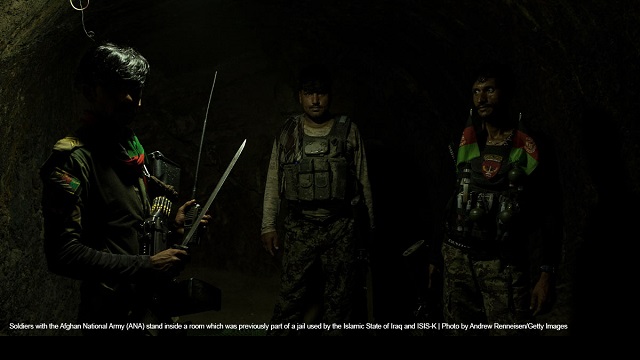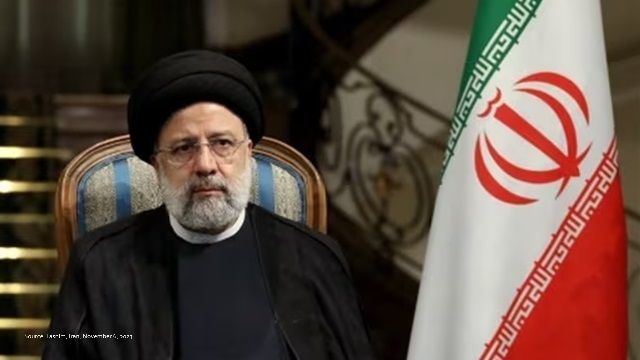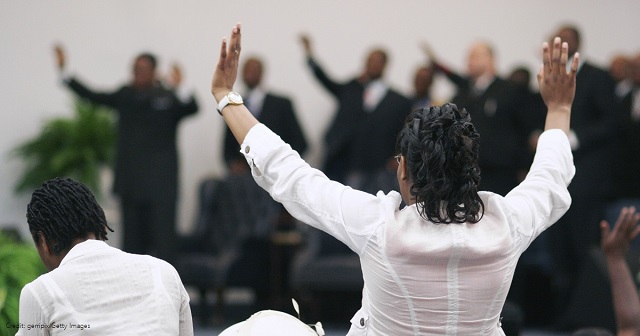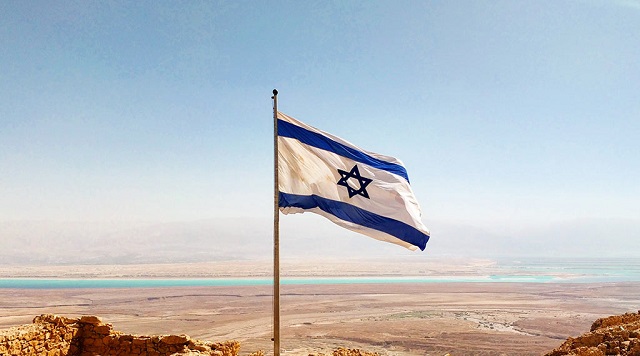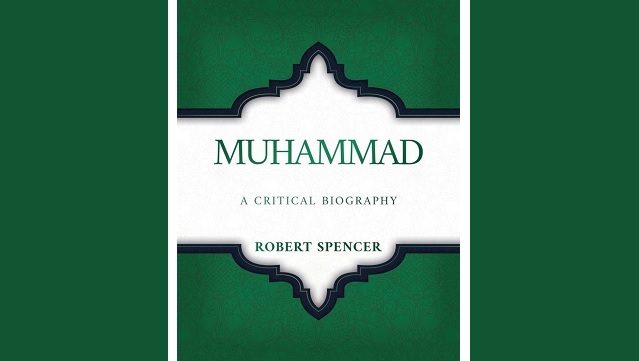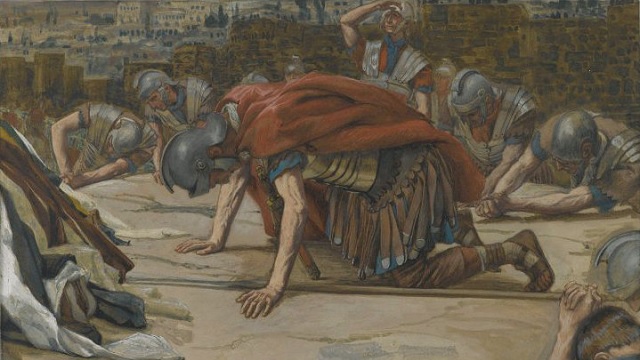
“After the Holocaust we need God more than ever. For there is no limit to the evil men may do when they no longer believe that anything is sacred.” — Rabbi Jonathan Sachs
“Monsters exist, but they are too few in number to be truly dangerous. More dangerous are the common men, the functionaries ready to believe and to act without asking questions.” — Primo Levi, Auschwitz Survivor
“He could be vain of himself and not be ashamed of it. Yes, he could be excused for it. The Egyptian, the Babylonian, and the Persian rose, filled the planet with sound and splendor, then faded to dream-stuff and passed away. The Greek and the Roman followed and made a vast noise. They are gone. Other peoples have sprung up and held the torch high for a time, but it burned out, and they sit in twilight or have vanished. The Jew saw them all, beat them all and is now what he always was, exhibiting no decadence, no infirmities of age, no dulling of his alert, aggressive mind. All things are mortal but the Jew. All other forces pass, but he remains. What is the secret of his immortality?” — Mark Twain
Mark Twain fell in love with Joan of Arc and wrote a beautiful book about her. Did he come to faith? We don’t really know, but his statement about the Jewish people stands the test of time and truth. The secret of Israel’s mortality is the Lord God and His love for His chosen people.
- The king of Egypt could not diminish him.
- The waters of the Red Sea could not drown him.
- Balaam could not curse him.
- The great fish could not digest him.
- The fiery furnace could not devour him.
- The nations of the world could not assimilate him.
- The dictators cannot annihilate him.
It is interesting that a minority group like this retained its identity for 2,500 years without a flag and without a government. No other ethnic group has remained intact that long. Israelites stand as a miracle people throughout the world today.
God had made it very clear that they would survive:
“For I am with thee, saith the Lord, to save thee: though I make a full end of all nations whither I have scattered thee, yet will I not make a full end of thee: but I will correct thee in measure, and will not leave thee altogether unpunished.” Jeremiah 30:11
The Lord will not allow them to be destroyed. And his original promises from the unconditional Abrahamic Covenant are still at work today.
Author Oliver Melnick, in his book, They Have Conspired Against You, writes, “Jewish suffering is not a new concept. While it is true that anti-Semitism hasn’t remained the same over the centuries and has morphed from theological anti-Judaism in theory to racial anti-Semitism in practice, it is still a tragic witness of Jewish suffering. An unfortunate factor in this suffering has been the wrong interpretation of the Scriptures as they pertain to Israel. It has led to an exponential increase in hatred of the Jewish people and the passing of many anti-Jewish laws.”
Another early church father who failed to follow the Golden Rule of Interpretation was John Calvin.
John Calvin
Calvin was born in Noyan, France in 1509 and died in Geneva, Switzerland in 1564. He was a pupil of Augustine, who tortured the text of the Bible “to confess that which was never in it.” Like Augustine, who in matters of church discipline, was a totalitarian, and hardly a benevolent father, Calvin ordered brutal methods in sixteenth century Geneva, even to the point of sanctioning the death penalty for “heretics.” Chrysostom and Augustine still speak through the replacement sentiments of Calvin with their prejudicial Christian attitudes to the Hebrew Scriptures and the Jewish people.
John Calvin was the man who did more than any other to ensure that no vestige of premillennial truth made its way into the emerging theology of the Reformation. He was a formidable amillennial champion who for nearly five hundred years, has commanded obeisance across the entire spectrum of the Christian church.
For those who believe in Calvin’s doctrine, I have no desire to alienate or be confrontational, but the truth must out. The theological and historical facts where they have a bearing on the development of replacement theology are littered throughout Calvin’s doctrine. He did more than probably any other Reformer to further the predatory doctrine of “replacementism” that has so mercilessly targeted the Jewish people throughout the ages.
Calvin was the most prolific and influential writer of his day. He dominated the theological landscape of Reformation Europe, and his works are available in many languages. His doctrine has had a huge resurgence in the evangelical church and points to the antisemitism of today. His amillennial views are widely disseminated, not only through his writings and sermons, but also through the marginal notes in the Geneva Bible, and catechisms and confessions of the Protestant church.
The Geneva Bible is often promoted by those within the Dominion/Reconstructionist Christian heresy. Dominion is seen as the right to dominate and to possess absolute control over the entire earth. One of the original authors of Dominion heresy was Dr. Gary North and his Holocaust denying father-in-law, Rousas Rushdoony, the author of Reconstructionism. The latter wrote the following, “The fall of Jerusalem, and the public rejection of physical Israel as the chosen people of God, meant also the deliverance of the true people of God, the church of Christ, the elect, out of the bondage to Israel and Jerusalem.”
The origins of the Presbyterian Church descend from Scottish Calvinism. Extreme Calvinism slithers over into the full-blown heresy of Dominionism/Reconstructionism.
As the major architect of Reformed amillennialism, Calvin’s belief in a future thousand-year reign of Messiah on earth was, “a fiction too foolish to need or deserve refutation.” There is no doubt that Augustine’s “concept of the kingdom,” in which the Roman Catholic Church ruled triumphant upon the earth, is firmly rooted in replacement theology. He was steeped in humanistic scholarship, which formed the basis for his biblical exegesis. He drew from the poisoned wells of Plato, Cicero, and Aristotle. Calvin’s lifelong favorite was John Chrysostom, the “Golden Mouth” master of anti-Jewish invective.
Calvin firmly believed that by applying “methods of humanistic scholarship to the Bible,” he would discover “the exact meaning of a text and the circumstances of the history involved.” The term for this form of exegesis is “accommodation,” from classical Greek rhetorical theory. Origen used it, and his influence on Calvin’s own system of interpretation is beyond question.
John Calvin spiritualized everything in the Bible, from creation to the thousand-year reign of Messiah, twisting and replacing the truth of the Lord’s Word to His people, both Jew and Gentile. The end result is a catastrophic teaching of hatred for God’s chosen people.
Like Luther, a similar mixture of innovation and hatred toward the Jews marked Calvin’s doctrine. His use of anti-Jewish invective was clear in his sermon on 2 Samuel 24:24 where he declared: “Now the Jews are cut off like rotten limbs. We have taken their place.” He repeatedly referred to the Jewish people as “profane unholy sacrilegious dogs,” describing them as a “barbarous nation,” and “the people of Israel rejected by God.”
Like his mentor and teacher, Calvin imitated Augustine’s totalitarian style of government and advocated the use of military force to compel church attendance. He not only believed in Augustine’s philosophical doctrine, but adopted the same brutal methods as his mentor, even to the point of sanctioning the death penalty or exile for heretics.
This was particularly true of his treatment of Michael (Miquel) Servetus (1511-1553), who Calvin denounced to the civic authorities, signing Servetus’ death warrant. The Spaniard was condemned by the ecclesiastical court and burned at the stake in Geneva. The murder of Servetus exposes the vindictive streak which disgraced the Reformer. The cruelty of Calvin was condemned by Protestant circles and opened the door for greater religious freedom which also applied to the Jewish people.
“Calvin was the man most responsible for the preservation and propagation of the Augustinian doctrine of the Kingdom of God, upon which the amillennial pulpits of Reformed Europe were erected and from which Jewish hopes of national restoration have been so relentlessly and cruelly dashed.” (Andrew Robinson, Israel Betrayed, Volume I: The History of Replacement Theology.)
The perpetuation of amillennialism was a feature of John Calvin’s doctrine. He believed society should be constructed in line with the Mosaic Law, which “he tried to imitate as much as possible in his new Christian republic in Geneva. (Encyclopaedia Judaica, Vol. 5, 66.) His autocratic and unbending policy censured all doctrinal opposition, disciplined the profligate and punished the “heretic” who disagreed with Calvin’s authoritative and totalitarian doctrine. He used the ecclesiastical court to discipline. Calvin’s handiwork can also be seen in the ecclesiastical court sessions of the Scottish Presbyterian Church. Calvin repeatedly demanded assent and threatened banishment to the unyielding.
The chilling declarations and harshness against anyone who was not conscripted to Calvin’s doctrine and who might believe in free will or adult baptism, were anathema to Calvin. Calvinists have more than proved the point that they “are the most violent and intolerant of all the Protestant Christians.” (“An Attempt to Shew the Folly and Danger of Methodism in a Series of Essays,” The Examiner, No 22, London, May 29, 1808, 349.)
Many scholars conclude that Hitler’s violent antisemitism was enabled by a wake of anti-Jewish theologies of church heroes like Calvin and Luther, but as we’ve seen, it goes back to the second and third centuries with Origen and Tertullian.
It is difficult for modern Christians to believe that antisemitism was flowing in the lifeblood of the Church for thousands of years, but John Calvin stated, “Their rotten and unbending stiff-neckedness deserves that they be oppressed unendingly and without measure or end and that they die in their misery without the pity of anyone.”
Can you imagine a pastor uttering these words from the pulpit today?
This age-old heretical doctrine of Replacement theology has spawned numerous offshoots, but all are equally destructive and unbiblical. This heresy turns Israel and the Jewish people into “God’s ex-wife.” God chose one group of people, the Jewish people, and made an eternal covenant with them.
He said, “And I will establish my covenant between me and thee and thy seed after thee in their generations for an everlasting covenant, to be a God unto thee, and to thy seed after thee.” (Genesis 17:7)
If the Lord were to simply change His mind due to shortcomings on the part of His “wife” (Israel), and then takes a new covenantal partner (the gentile church), it is an absolute assassination of His faithful character.
We have been warned by the Lord’s solemn Word in Romans 11:18, “Boast not against the branches. But if thou boast, thou bearest not the root, but the root thee.”
The olive tree is the place of privilege that was first occupied by the natural branches (the Jews). The wild branches are Gentiles. The root of the tree is the Abrahamic Covenant that promised blessings to both Jew and Gentile. “And I will bless them that bless thee, and curse him that curseth thee: and in thee shall all families of the earth be blessed.”
Far too many who call themselves Christians, are not blessing the Lord’s people, Israel.
The Golden Rule of Interpretation
The church fathers in this series have failed to follow the Golden Rule of Interpretation.
David L. Cooper (1886-1965), one of the greatest conservative theologians and Bible scholars who ever lived, left a legacy of Bible teaching that to this day is helping many understand and apply God’s Word to their lives. In his attempt to understand Scripture the way it was meant to be understood, Cooper came to the conclusion that in light of past prophecies fulfilled, only a literal approach to the Bible would be appropriate to understand God and His plan for mankind. He eventually came up with a rule of interpretation still used by many Biblical scholars today, known as “The Golden Rule of Interpretation.”
“When the plain sense of Scripture makes common sense, seek no other sense; therefore, take every word at its primary, ordinary, usual, literal meaning unless the facts of the immediate context, studied in the light of related passages and axiomatic and fundamental truths, indicate clearly otherwise. Moreover, one must be guided by the principle thus stated: ‘A text apart from its context is a pretext.’”
Conclusion
This abridged history in a few short articles has told the tragic story of the church and the Jewish people.
Truly, our hands are stained with blood.
Lagniappe
On Saturday of Holy Week, I received an email from a Jewish friend. He basically wrote that he hated Christ. I was stunned at his insensitivity and hurt at his lack of empathy. Yet, by Sunday evening, I understood.
I remember listening to one of my favorite teachers, Mottel Baleston, lecturing on the Holocaust, and he mentioned that his great-grandparents had lived in a Jewish village earlier in their marriage, but had moved. A year later, the entire village was murdered. Mottel told us that his grandfather said never to touch a Bible; it would burn him.
The Jewish people have lived with hatred, not only from Ishmael and Esau, but by those calling themselves Christians throughout the Middle Ages and the crusades.
The twentieth century recorded the worst genocide of European Jews in modern history. It started in Germany, a nation of Catholic and Lutheran Christians.
Today that age old satanic evil has raised its ugly head once again. The horror we’re seeing throughout America is reminiscent of 1933 Nazi Germany.
With this history, is it any wonder that our Jewish brethren would mistrust and detest Christians, and the Christ we call our Savior? Many Crusaders left in their wake the bodies of hundreds of Jews as they made their way to the Holy Land. Jews lost their homes, families, property, and lives in a frenzy of anti-Jewish feeling among many European Christians.
This evil isn’t from the Jewish Savior we worship; it is the work of men throughout history who have come against the Lord’s people. Their allegorizing of Scripture to fit their own desires has produced demonic hatred and jealousy of the Jewish people.
Replacement theology is a lie from the very pit of hell.
The Lord told us He will bless those who bless them and curse those who curse them.
Which will you choose?
As for me and mine, we choose the blessing of loving the Lord’s people.
©2024. Kelleigh Nelson. All rights reserved.


